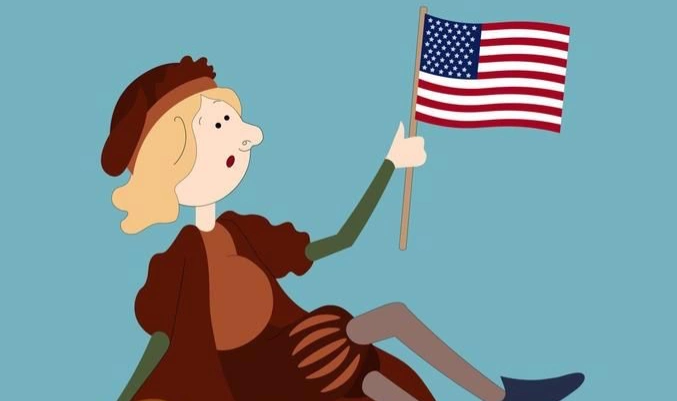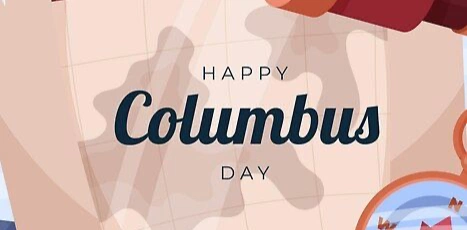Columbus Day / Indigenous Peoples’ Day — Rethinking and Reframing History
The second Monday of October in the United States is traditionally recognized as Columbus Day, commemorating the arrival of Christopher Columbus to the Americas in 1492. For much of the 20th century, it was celebrated as a proud moment in history, representing exploration, discovery, and the start of what was seen as a new chapter in human progress. However, over time, awareness has grown that this “discovery” also marked the beginning of centuries of colonization, displacement, and oppression for Indigenous peoples who had lived on these lands for millennia.
A Shift in Perspective

As more voices from Native American and Indigenous communities have been heard, the narrative surrounding this day has evolved. Many states, cities, and organizations have replaced Columbus Day with Indigenous Peoples’ Day, reframing the occasion as one that centers Indigenous histories, cultures, and resilience. This shift acknowledges the darker chapters of history — including violence, forced assimilation, and cultural erasure — and recognizes the ongoing contributions of Native peoples today.
Why Indigenous Peoples’ Day Matters

The day serves as both a remembrance and a celebration. It honors the strength of Indigenous communities who, despite centuries of systemic oppression, have preserved their traditions, languages, and ways of life. It’s an opportunity to educate others about the diversity of Native cultures and to challenge stereotypes, replacing outdated myths with a deeper understanding of history.
For Indigenous youth, seeing their heritage recognized on a national level affirms their identity and pride. For non-Indigenous people, it’s a chance to listen, learn, and reflect on what shared history truly means.
How People Observe the Day
Across the country, observances take many forms:
- Cultural Events: Powwows, traditional dances, music, and storytelling.
- Educational Programs: Workshops and lectures on Indigenous history, sovereignty, and contemporary issues.
- Advocacy: Campaigns supporting Native rights, land protection, and the preservation of sacred sites.
- Community Gatherings: Ceremonies to honor ancestors and strengthen community ties.
The Conversation Around Columbus Day
Some communities continue to observe Columbus Day, often emphasizing Italian-American heritage and the spirit of exploration. For others, the day has become an occasion to confront difficult truths about colonization and to shift toward a more inclusive and accurate portrayal of history.
The Core Message
Whether it’s called Columbus Day or Indigenous Peoples’ Day, the second Monday of October has become a powerful reminder of the importance of historical truth, cultural respect, and reconciliation. It’s about honoring the resilience of Indigenous peoples, acknowledging past injustices, and building a future grounded in mutual understanding and equity.
By engaging in open conversations, participating in educational events, and showing respect for Indigenous voices, we can ensure that this day fosters awareness, empathy, and a shared commitment to justice.
Close